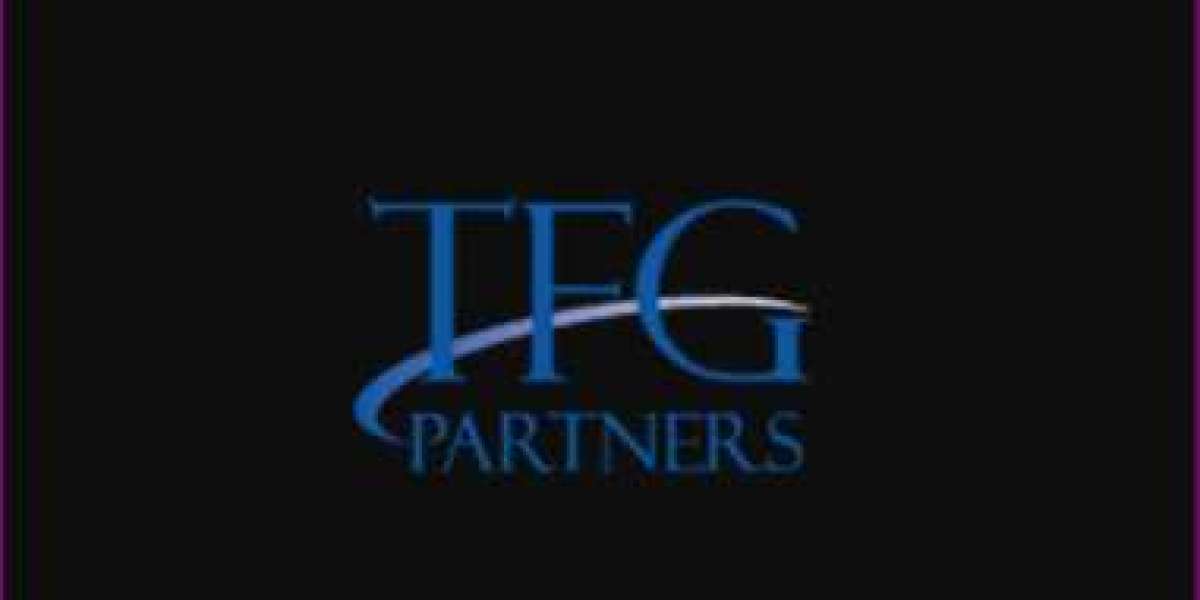Employee health plans subject to a medical insurance audit are significant financial responsibilities for employers. The trend to audit more often is underpinned by a realization that oversight is necessary as employer-funded plans outsource their claim processing to third parties – for medical and pharmacy benefit plans. As conscientious as claim payers promise to be, auditors can verify they are keeping their promises. Otherwise, sponsors are left with only one company's opinion about accurate payments, and they are the ones writing the checks. It's easy to understand why an independent audit is beneficial.
Every year medical billing becomes more complex, and the coding used is one of the more complex systems imaginable. Given these realities, it's easy to see how even the most sophisticated payment systems can make errors. Auditors running advanced software can check claim payments for virtually unlimited variables. Their oversight provides insight into accuracy and utilization trends. It's an independent verification of the data reported by a third-party processor. It's one of the only ways to confirm the accuracy and allow a plan sponsor to manage a plan's claim payment operations actively.
Claim auditing began with the advent of self-funded benefit plans as a regulatory and compliance requirement. A random-sample method was used, and its purpose with primarily to comply with government regulations. But sponsors saw added benefits as systems and software improved, and the results have become more reliable and detailed since then. Claim auditing has continued to grow in use and popularity, given the value of the data. It's common to audit more frequently than required or to have auditors review claim payments continuously. In those cases, they report findings monthly.
Corporate and organizational finance departments and C-suite executives also appreciate close financial management of benefit plans. They become fans of claim auditing once the reports with details and insight inform the information they receive. In some extraordinary circumstances like the COVID-19 pandemic, expense swings are significant enough to affect the bottom line materially. In those cases, having detailed reports to explain the variations to analysts and shareholders is invaluable. As more of these reasons continue to become known, frequent claim auditing gains momentum enduringly.







